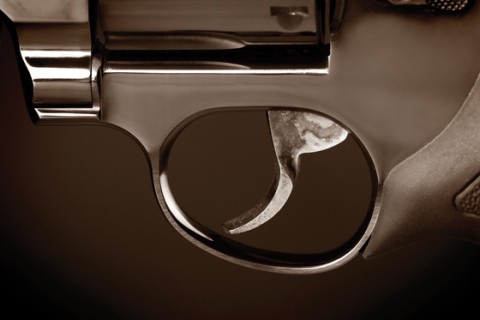Limited access: Mobilizing for gun control

On January 8, a gunman shot Representative Gabrielle Giffords and several other people at a Tucson, Arizona, shopping mall. Although groups such as the Brady Campaign to Prevent Gun Violence and Mayors Against Illegal Guns have informed the public about studies linking the proliferation of firearms to an increase in gun-related incidents, only a handful of political leaders responded to the shooting by calling for laws to regulate the sale and use of handguns. Instead, the gun lobby, led by the National Rifle Association, continued to succeed in its efforts to ease access to guns, whether through local ordinances or Supreme Court decisions.
To achieve its goals the gun lobby uses its significant financial resources to influence legislators and couches its public message in American values such as personal freedom, patriotism, religious faith and family. The NRA has largely succeeded in choking off funds for research studies by the National Center for Injury Prevention and Control that link the proliferation of guns to increasing violence. It also seeks to counter the center's research with anecdotes about individuals defending themselves with handguns. The NRA message is well-crafted, technically sophisticated and effective: it mobilizes grassroots supporters.
Though local churches often minister to the victims of violence and their families, they do not often speak up about gun control. Yet a grassroots mobilization of churches could be the key to breaking the gun lobby's influence. In late 2008, I joined a Philadelphia-based group called Heeding God's Call. We began mobilizing local faith communities to pressure gun shop owners to sign a Gun Dealer's Code of Conduct—a code that discourages the illegal process of straw purchasing, or purchasing a gun through an intermediary and thus hiding one's identity. Although straw purchasing is a felony, most guns used in violent incidents reach the criminal market through this process.




